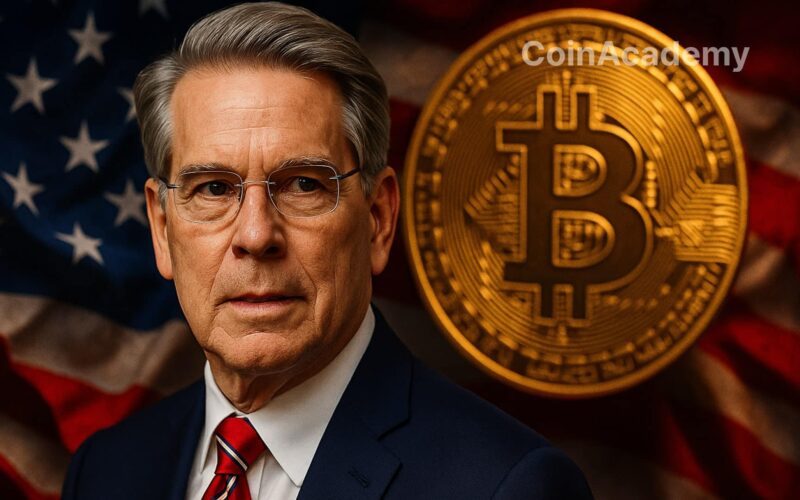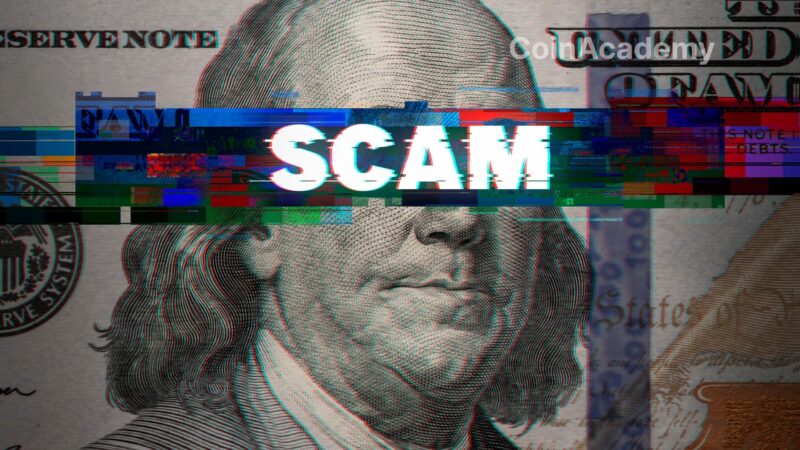The U.S. Treasury Secretary Scott Bessent aims to position the United States as the leading global destination for digital assets, by implementing market standards inspired by the American model.
Bessent: Setting Course for Digital Supremacy
Appointed by Donald Trump and confirmed by the Senate in January, Scott Bessent makes his intentions clear: to establish a strong market structure to showcase American standards worldwide. “The best market practices should originate from here,” he emphasized. This vision was already shared upon his entry into the President’s Working Group on Digital Asset Markets, created by presidential decree on January 23.
While the hearing primarily focused on tariffs, crypto quickly became the focal point of tensions. In the background, a bipartisan bill seeks to clarify the roles of the SEC and CFTC while strengthening transparency requirements. A move driven by Republicans who aim to swiftly advance legislative efforts.
The Trump Specter Stirs Democrats
However, Trump’s presence in the crypto arena has not gone unnoticed. Since launching his own memecoin on the eve of his inauguration and unveiling a stablecoin through his company World Liberty Financial, criticisms have surfaced. Several Democrats even left a hearing to host their own roundtable, denouncing the shadow of private interests in public debates. Meanwhile, Representative Angie Craig calls for dialogue between the opposing camps.
Pressure Mounts on Stablecoin Regulation
On Thursday, the Senate is set to vote on a separate bill regarding stablecoin regulation. Once more, consensus remains elusive. Over the weekend, a coalition of Democratic senators, including Gallego, Warner, Warnock, Blunt Rochester, and others, issued a joint statement highlighting persistent shortcomings in the bill.
Meanwhile, the Fed Exercises Caution
Against this backdrop, the Federal Reserve has chosen to maintain rates between 4.25% and 4.5%. Jerome Powell acknowledged an “increased uncertainty” in economic outlook, with inflation still “relatively high” and heightened risks for employment. A tense economic climate that will not bolster the appeal of risky assets like Bitcoin.




